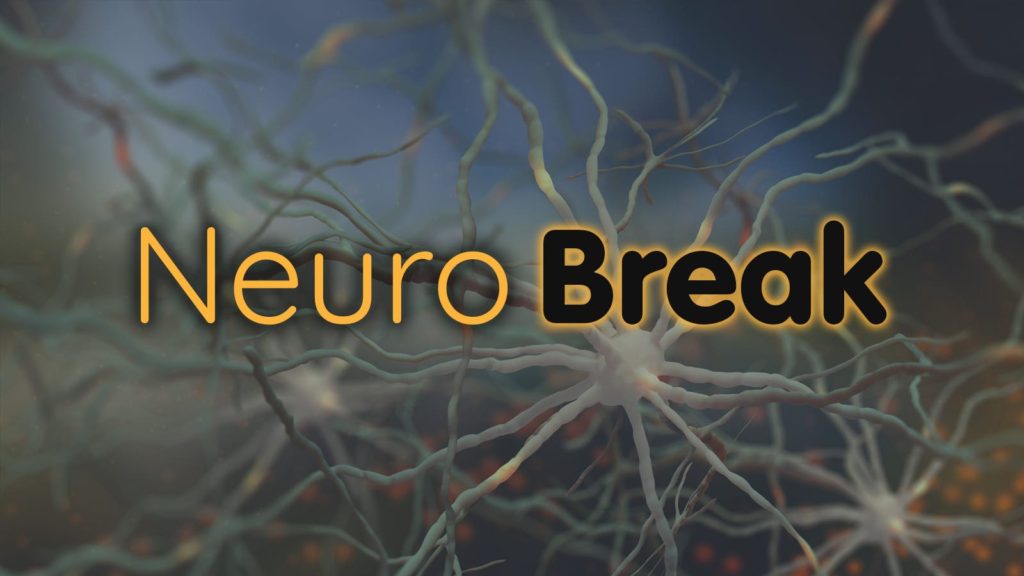Large families with autosomal dominant mutations that lead to Alzheimer’s disease revealed putative protective gene variants. (Annals of Neurology)
Women in a traditional society in the Amazon who carried the Alzheimer’s risk gene APOE4 had more children than those without APOE4. (Science Advances)
Researchers described four cases of neuroinvasive West Nile virus infection among multiple sclerosis patients on ocrelizumab (Ocrevus). (Neurology: Neuroimmunology and Neuroinflammation)
A biometric concussion headset showed that headpulse changes occurred in some athletes after return-to-play, despite symptom resolution. (JAMA Network Open)
Data from the RISE-PD clinical trial suggested extended-release carbidopa-levodopa (IPX203) may be useful in Parkinson’s disease. (JAMA Neurology)
A machine-learning model predicted four distinct Parkinson’s subtypes using stem cell images, with top accuracy reaching 95%. (Nature Machine Intelligence)
The National Institute of Neurological Disorders and Stroke (NINDS) published its new health equity research strategic plan in a special Neurology supplement.
The FDA expanded the label for daxibotulinumtoxinA-lanm (Daxxify) to include an indication for cervical dystonia, Revance said.
Online survey data linked playing football with a self-reported parkinsonism or Parkinson’s diagnosis. (JAMA Network Open)
An NIH zebrafish image, originally taken to understand lymphatic vessel development in the brain, was part of the “Life Magnified” stamp panel issued this month by the U.S Postal Service.
Howard Tucker, MD, a 101-year-old neurologist who works full time in Cleveland, said he eats mainly fruits, vegetables, and fish, including a dinner that mimics the Mediterranean diet. (Insider)
-
Judy George covers neurology and neuroscience news for MedPage Today, writing about brain aging, Alzheimer’s, dementia, MS, rare diseases, epilepsy, autism, headache, stroke, Parkinson’s, ALS, concussion, CTE, sleep, pain, and more. Follow
Please enable JavaScript to view the

